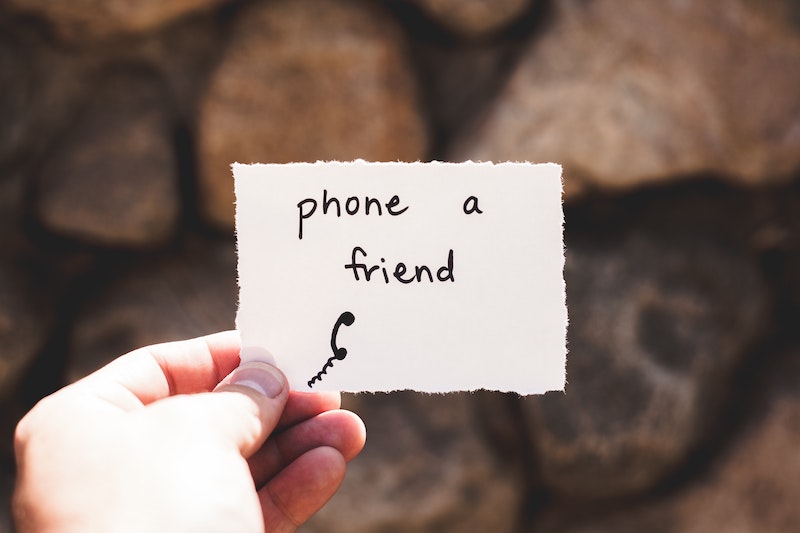Back to school season can be stressful in a normal year, but with COVID-19 and switching to virtual or hybrid schooling plans this year is bringing extra challenges. In our programs, we discuss the importance of mindfulness and managing stress as strategies to reach our health goals. Here are a few strategies that may help you manage stress and stay on track through this difficult time.
Regular Exercise

We know that exercise helps improve our physical health, but did you know that it is crucial for maintaining good mental health as well? Studies show clearly that exercise such as running or walking (especially if you can get outside) is a powerful fighter against depression and anxiety. Evidence suggests that regular, moderate exercise can reduce symptoms of things as wide-ranging as ADHD, trauma, and stress and that it improves memory, thinking, self-esteem, and energy. Crucially, exercise also improves sleep. And the best part? It doesn’t take much! Even two 10-minute walks a day, 3-5 days a week can show improvements, with increased benefits all the way up to 30 minutes of moderate activity 5 times a week.
Get Enough Sleep

Sleep is crucial in meeting our healthy eating and physical activity goals. (For more information on that, and tips for good sleep hygiene, read our blog on 5 Healthy Habits to Improve the Quality of Your Sleep). But sleep is closely tied to our mental health as well. While it can sometimes feel like we are too busy to get the recommended 7-8 hours of sleep, it’s important to remember that being well-rested improves our mood, making us more resilient and able to handle small stressors. It also increases our energy, making us more productive throughout our day.
Take a Brief Meditation Break

Studies show that meditation is a powerful tool to cope with stress and it decreases anxiety, depression, and even chronic pain. The data suggests meditation can also help with memory, emotional regulation, and even the immune system. We often feel like we don’t have time for meditation, but there are many meditations that are 5 minutes or even shorter (such as this 5-minute stress relief meditation). The best results come from an everyday practice such as first thing in the morning or just before going to sleep. However, taking a meditation break in a moment of stress, anxiety or frustration can be very helpful.
You can pair this practice with a mindfulness practice such as gratitude journaling (write down three things you are grateful for every day), intention setting, or a textual practice such as a devotion or prayer if you practice a religion. Check out our 12 Mindful Eating strategies.
You can also find guided audio meditations by searching online, getting an app such as headspace, or searching for podcasts.
Limit Screen Time

Screen time can increase anxiety and stress due to increased comparison with others on social media, decreasing in-person interactions, and providing a very easy but unhelpful coping mechanism for feelings of stress and overwhelm. Research has proven that screen time also has a negative effect on your sleep, which is crucial for stress management as discussed above.
All of these strategies work together and can be done quickly if you are busy. Most of us know that we should be using these strategies but feel like we don’t have the time. However, they are easier to fit in than we often think and can even be combined! For example, if you are working from home, you can take a couple of very brief walks a day. Try combining a ten-minute walk with listening to a brief guided meditation, a call to a supportive loved one, or leave all the devices at home and get some screen-free time.
Don’t miss another great blog: Subscribe Now

Great Wellness information.